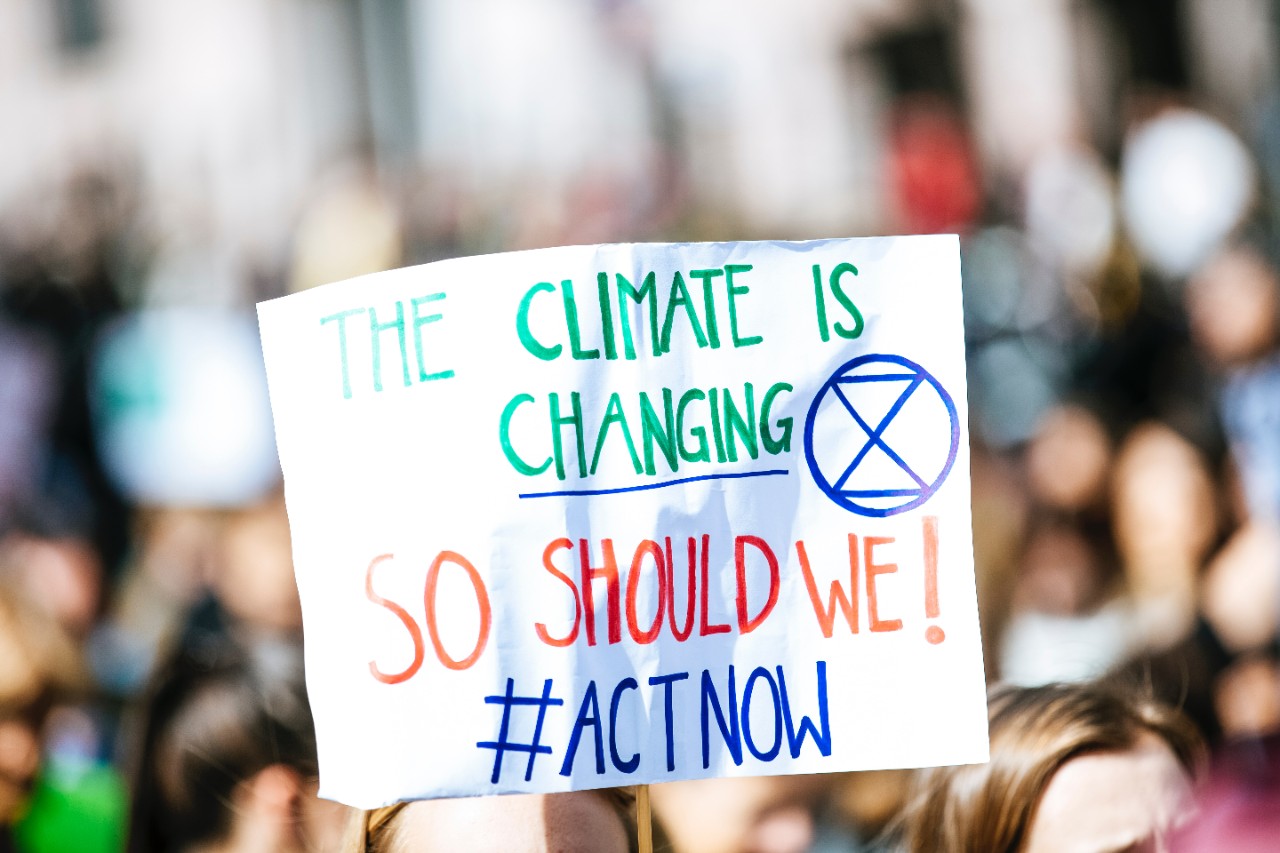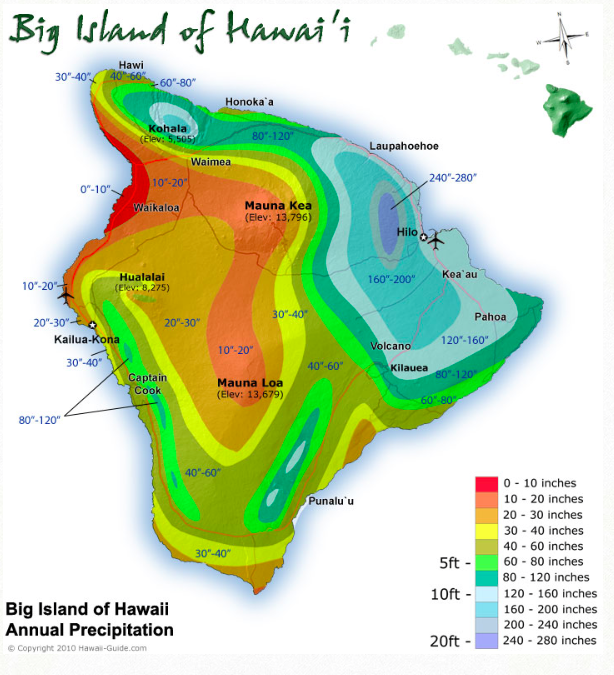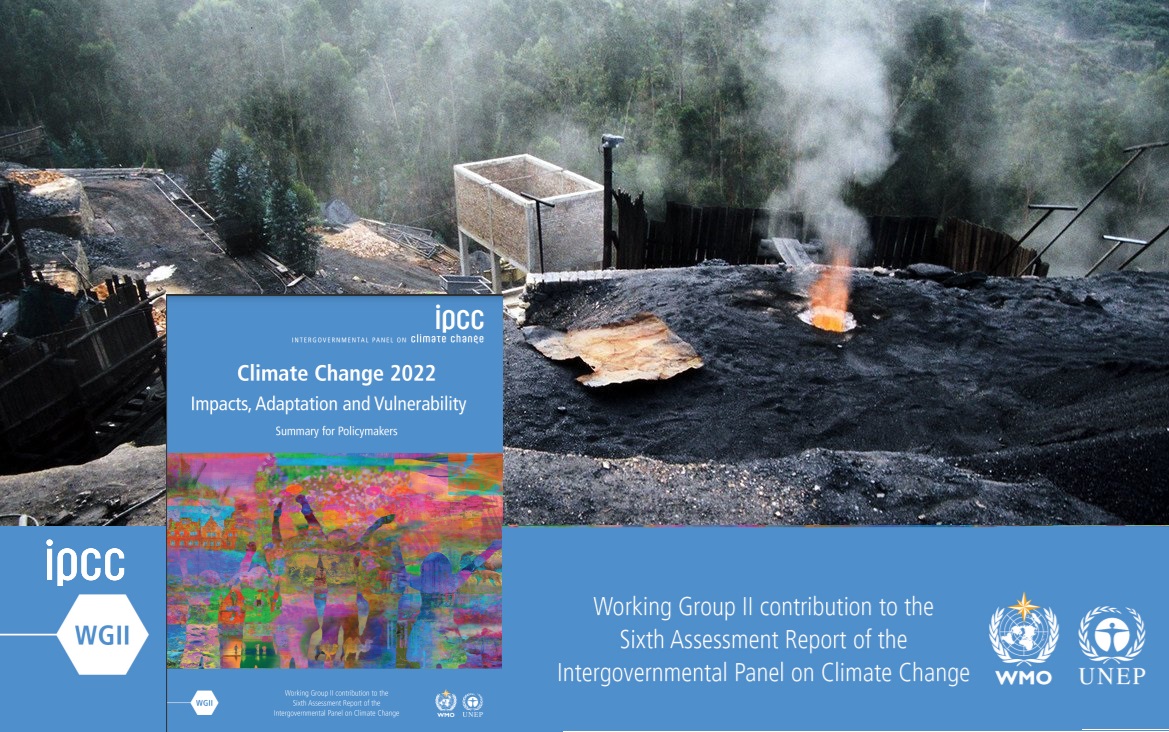
Climate change is one definition. It refers to an increase in the long-term average weather conditions, which can be caused by human activities. These changes occur through several causes, including the emission of greenhouse gases. The economy and human health can be affected by climate change. It is a worldwide issue that will impact daily life. The science behind climate can be used to help citizens address it.
Many scientists are studying global warming. This includes climate modeling which predicts how temperature will change over the course of time. Some studies project changes in precipitation or snowfall. Also, scientists are finding that ocean acidification and sea level rise are occurring.

As part of the process of global warming, extreme weather events are becoming more frequent. They can be more intense, as well. Because of industrialization and fossil fuel burn, increased amounts of carbon are released into the atmosphere.
Additional factors that contribute to climate changes include short-term temperatures variability, long term temperature variability, ocean acidification, and greenhouse gases. Climate change is primarily caused by human activity.
Scientists are becoming increasingly convinced that climate change is caused primarily by fossil fuel burning. Nearly all the global annual greenhouse gas emissions (GHGs) have been attributed to industrialized nations in recent years. Many of these countries have established reduction targets but are not meeting them. Thus, there are ongoing negotiations to create more specific emission-reduction targets for industrialized states.
Interpreters are required to have a broad understanding of the scientific and cultural perspectives that climate change has brought about. If a climate scientist discusses climate change in terms the human population, then the interpreter must be familiar with the economic, political, and social dimensions of the topic. There is also a need to be current on the latest information.

The United States Geological Survey defines "global warming" as an increase of global temperatures. Climate models predict that ice and/or snow could also change. Other changes can also be caused by climate change to ecosystems and biodiversity. The economic impact of climate change is also a concern.
In 1992, UNFCCC was established. The Rio Earth Summit had industrialized nations commit to stabilizing GHG emissions until 2000. But, this goal is not achievable. This is why seven of the largest economies in the world called upon the UN to set up an expert group to investigate the matter.
The IPCC (International Panel on Climate Change) is a research organization dedicated to the study of climate change. This body creates reports on the science of climate change. Since 1990's publication of the initial report, the group has published dozens more reports. Each one is supported worldwide by scientific experts.
Although it is not always possible to avoid the effects of climate change, adaptation seeks to minimize negative effects. Adaptation may be achieved through the use of technology, the mitigation of pollution, and the conservation of natural resources.
FAQ
What are the current international efforts to combat climate change?
International efforts to combat climate change are moving at a remarkable pace and with unprecedented unity. International efforts to address climate change are being facilitated by countries around the world, who are increasingly working together to reduce carbon emissions, improve resilience and invest in renewable energies.
At the global level, the Paris Agreement has galvanized collective action and serves as a framework for individual countries to set voluntary targets for reducing emissions. The UN Framework Convention on Climate Change is also providing guidance to policy and piloting innovative initiatives, such as carbon market mechanism.
Progress is also being made in specific regions; for example, The European Green Deal is a comprehensive package of legislation aimed at recreating Europe's economy with sustainability at its core, while countries of the African continent have committed to the African Renewable Energy Initiative which aims to increase Africa's share of global renewable energy production.
There are many sectors and industries that are taking action in addition to policy development. Cities are making active transitions toward sustainable public transport systems, while society overall is adopting more sustainable lifestyles. Businesses are innovating technologies which reduce emissions, while investors move their capital from fossil fuels to renewables.
The OECD committee's wealthy members have adopted common standards in reporting on national actions related to climate change. These are the Common Reporting Frameworks (CFR), also known as the 2021 Guidelines.
All of these efforts show an unprecedented focus on climate action. For any chance of reaching the climate goals set forth by science and international law, government, civil society, & private sector actors must build upon this momentum.
How can the world make a transition to a more sustainable future given the challenges presented by climate change?
Sustainability is the ability to meet present needs without compromising the ability of future generations to meet their own needs. We must take urgent action to reduce our dependency on finite resources and adopt a more sustainable way of using them.
For a more sustainable future it is essential to rethink our current consumption and production models, as we also need to reduce our dependence upon natural resources such fossil fuels. We must seek out new technologies, renewable sources of energy, and systems that reduce harmful emissions while still meeting our everyday needs.
In addition, it is essential that we adopt an integrated approach when looking at sustainability. This involves considering all aspects of production from materials used, waste management and reuse strategies to energy use in transportation and industry. There are many solutions that can be found, such as the utilization of renewable energy, like solar, winds, and hydropower, better waste management, higher efficiency in agriculture, improved transportation networks, green building regulations and sustainable urban planning.
For us to achieve our goal, we must make behavioral changes across all segments of society. Education programs are required to educate people about climate change and show them how they can help create a more sustainable future.
We can only make significant progress in creating sustainable environments for the future by working together with industry leaders, citizens, and governments.
What does climate change politics have to do with global efforts to combat it?
Climate change is highly politicized and has caused division between governments, individuals, and nations. The political stances taken by different actors will impact the implementation measures to combat climate changes. It has become increasingly difficult to come to an agreement on how to address this urgent environmental crisis globally.
Scientific consensus is unanimous that human-caused climate change is real and needs to be addressed. Politics surrounding these issues can often hinder global cooperation, which is required to make effective progress in implementing sustainability energy practices and upholding regulations protecting natural environments, researching viable technological options, and other climate-change interventions.
Many governments in the world want to protect their economic interests, and enforce measures that limit business activities. This often conflicts with the regulations that experts recommend to address climate change efficiently. Without strong international commitments and wide-spread international action, it can be very difficult for any individual state or group of nations to address climate change effectively through legislation.
It is difficult to reach a consensus about how to address climate change because of differences in power dynamics between countries. Countries with more economic power often appoint their own representatives to represent them on international bodies responsible for negotiations over the environment - this can lead to lopsided discussions of those countries' perceived interests versus the collective interest of all involved parties. The potential side effects of radical change like geoengineering, have been extensively discussed at both the national level and internationally.
A grassroots movement has also struggled against powerful opposition, including corporate ownerships as well-funded lobbyists trying to keep their industries politically favorable. This is especially true when it comes funding research into alternative energy production and enforcing mandates for renewable energy technology. Individual governments need to be clear about the potential rewards and outcomes of making valid progress on the issue. They cannot seek short-term spectacles or gains to gain public support.
To mitigate the current environmental crisis, it will be crucial that resources are properly distributed and political divisions between countries are not overlooked.
What causes climate change?
Climate change, which is a global phenomenon, has been driven by an increased amount of greenhouse gases from human activity. The increase was primarily caused by fossil fuel burning to generate electricity and transport. These emissions lead to a greater amount of sun's energy being trapped in Earth’s atmosphere, which results in rising temperatures.
Climate change can also be caused by population growth, land clearing, destruction of ecosystems and energy consumption, over-grazing, and deforestation. This decreases the amount naturally occurring carbon sinks that absorb carbon dioxide from the atmosphere. Climate change can also come from natural forces, such as changes in solar energy.
These combined human activities result in overloading Earth's capacity to properly balance its energy budget, leading to an average increase of 1 degree Celsius globally since pre-industrial times. Glaciers melt faster than they form and sea levels rise as oceans absorb most of this heat energy. Other damaging consequences include water scarcity and droughts or extreme weather events like floods and hurricanes caused by frequent heavy precipitation on saturated soils.
We must reduce our carbon footprint, and begin reducing our emissions immediately to protect ourselves from the increasing impacts of climate change. It is essential to reduce our dependence on fossil fuels in order to produce electricity. This can be done alongside investing in renewable energy sources such as wind turbines and solar panels, which emit no harmful pollutants into the atmosphere. You can also restore some balance in these delicate cycles of the planets that sustain us, such as reforestation.
Statistics
- This source accounts for about 10% of all the water that enters this highly productive farmland, including rivers and rain. (climate.nasa.gov)
- Indigenous peoples and local communities receive less than 1% of all climate funding despite scoring wins for people and nature Africa's broken food markets must be fixed to tackle hunger (climatechangenews.com)
- This source accounts for about 10% of all the water that enters this highly productive farmland, including rivers and rain. (climate.nasa.gov)
- The 10 countries with the largest emissions contribute 68 percent. (un.org)
- features Earth's average surface temperature in 2022 tied with 2015 as the fifth warmest on record, according to an analysis by NASA. (climate.nasa.gov)
External Links
How To
How to Educate your Community about Climate Change and Mobilize Action
There are many ways to learn about climate change education, including online resources and interactive tools, classroom activities, simulations and experiential learning programs. These are the essential elements of effective climate education:
-
arming people with practical knowledge about the subject
-
Showing how individuals can make an impact
-
Participants are invited to engage in an open conversation about possible solutions
-
Inspiration through shared experiences that inspire action
By providing comprehensive climate change lessons for both students and adults alike, educators will be able to help their communities develop strategies for reducing their environmental footprint.
A unique way to engage people in meaningful dialog is to link scientific research with real world examples. Participating in case studies and learning from best practices provides the opportunity to see positive results firsthand. This can encourage further innovation or replicateable actions within their own organizations.
Incorporating action-oriented activities into educational curriculums empowers participants with the mental tools they need -- such as creating campaigns, forming petitions, or local actions -- enabling them to become agents of social and political transformation or sustainability improvement initiatives. Moreover, emphasizing individual agency highlights the importance of participation in reducing emissions while also demonstrating participants' collective contributions towards a larger outcome. Stakeholders should be included early in policy-making, which encourages participation at all stages. This will result in equitable outcomes for all parties. By combining our efforts to raise public awareness about the impact of climate change with appropriate actions to mitigate greenhouse gas emissions, we may be able create an environment in which these urgent matters are addressed with special attention where it is most needed. This will allow us to work together to implement successful measures that will help us achieve our collective goals.